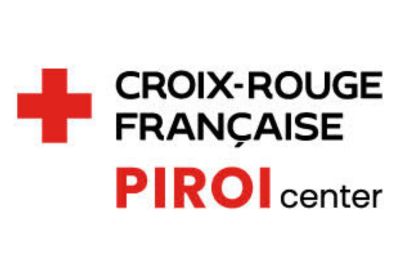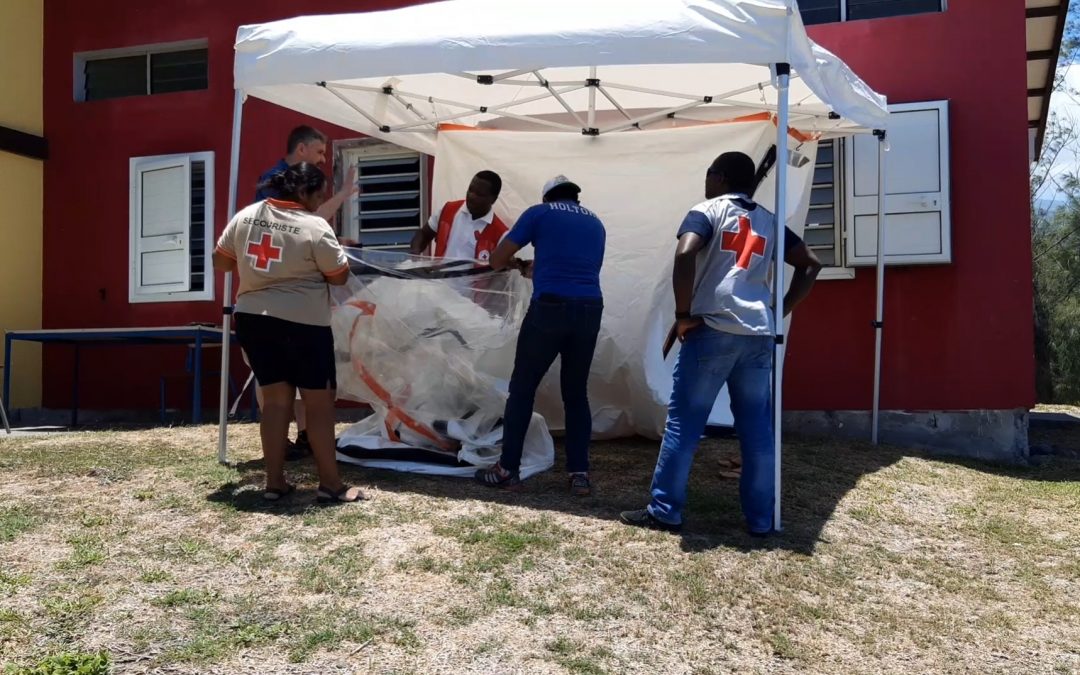Climate change poses a threat to public health, in particular because it leads to an increase in deaths and illnesses related to natural and health disasters*. This is why the French Red Cross’s Indian Ocean Regional Intervention Platform has now adapted its approach and is training its team members in emergency public health.
From 23 November to 1st December 2019, and in partnership with the IFRC (International Federation of Red Cross and Red Crescent Societies), PIROI organised a specialised training course in emergency health.
The aim of the course was to build National Societies’ capacities to implement preparedness activities and epidemic response. It was attended by 21 participants from PIROI-member National Societies (Union of the Comoros, Madagascar, Mauritius), the Regional Intervention Platform for the Americas and the Caribbean (PIRAC), and various African countries (Burundi, DRC, Togo, Cote d’Ivoire, Burkina, Benin).
Trainees studied a wide range of practical and theoretical modules over the course of 9 days, covering topics ranging from the workings of response teams, vector control, reproductive health and nutrition, to diseases such as cholera or Ebola.
As a result of partnerships forged by PIROI in the healthcare sector, some technical modules were taught by epidemiologists and vector control specialists from the Regional Public Health Authority (ARS) and Reunion Island’s University Hospital.
This course addresses one of the priorities identified by PIROI members during the October 2019 integrating health crisis management into the 2020-2025 plan of action.
The public health in emergencies course was made possible thanks to financial support from the European Union and Reunion Island’s Regional Council as part of the INTERREG cooperation programme.
* According to the World Health Organisation (WHO) and the findings of reports by the Intergovernmental Panel on Climate Change (IPCC).

